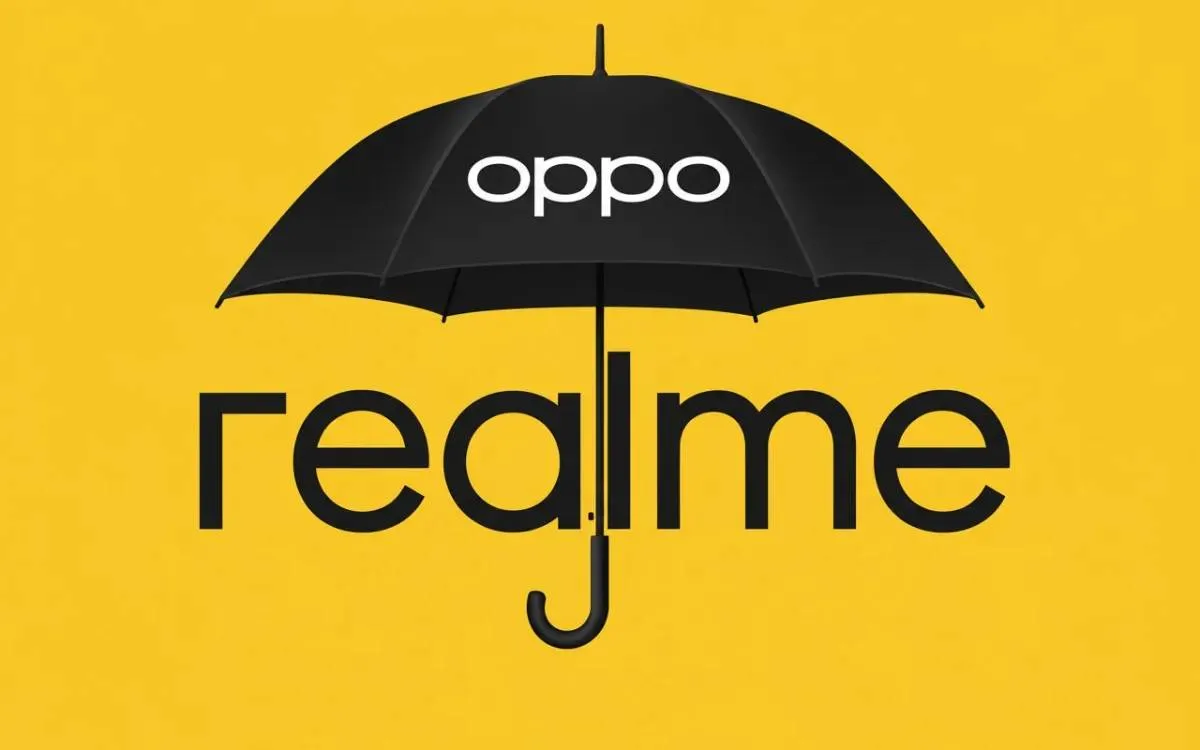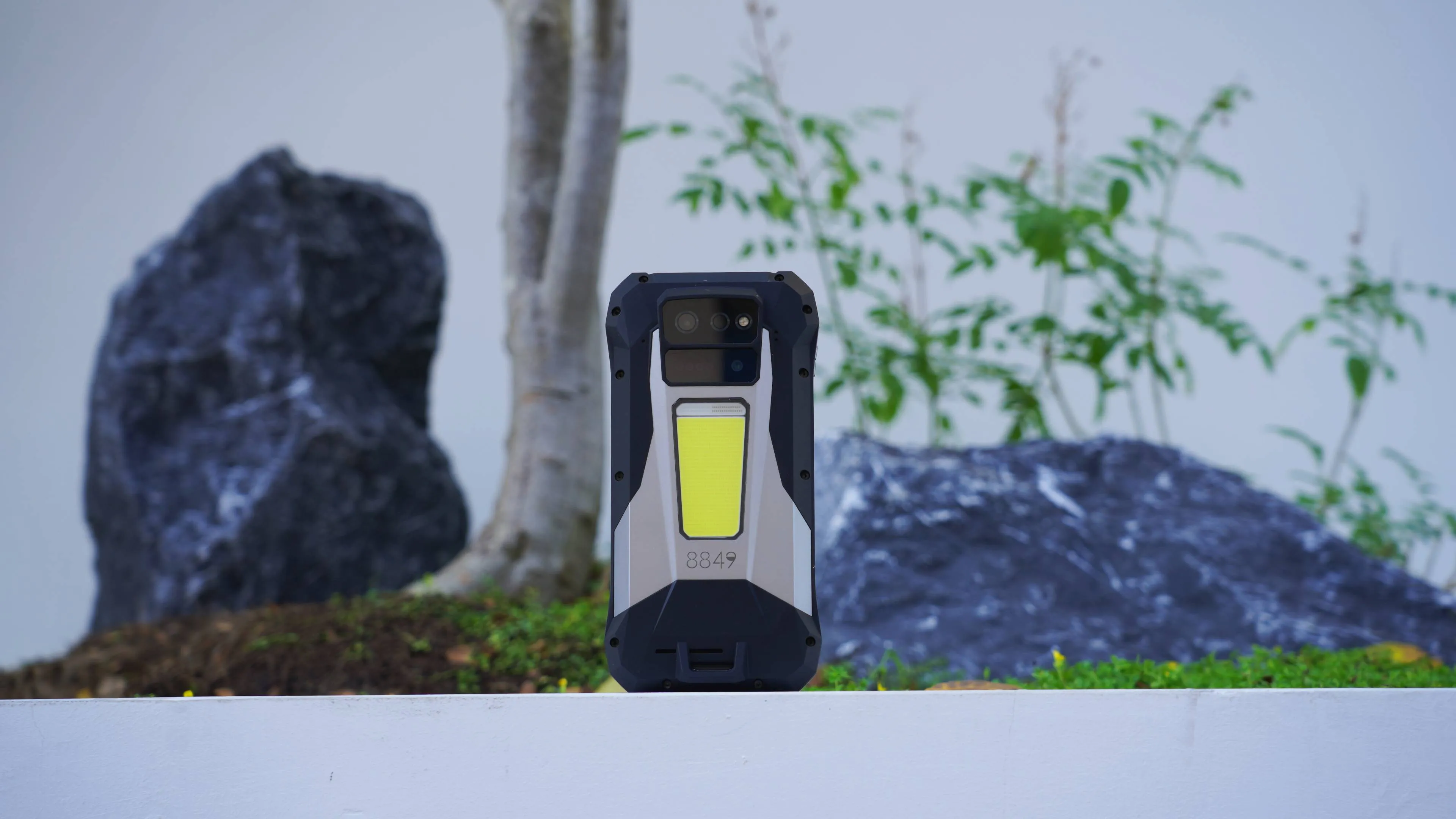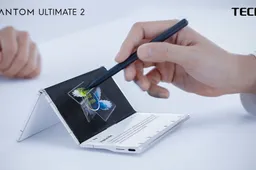Google's Pixel 9: Unlocking Bootloader Disables Key AI Features
GoogleWednesday, 28 August 2024 at 08:27
Google’s new Pixel 9 series has caught a lot of attention, especially for its advanced artificial intelligence (AI) features. However, there's a detail that might disappoint some tech enthusiasts. When users unlock the bootloader, certain AI features get disabled. This could be a letdown for those who like to customize their devices and have more control over their software.
Pixel 9: AI Features Disabled with Unlocked Bootloader
Google's Position on Bootloader Unlocking
Unlocking the bootloader is a common practice among Android users who want to fully personalize their devices. It allows users to modify software, install custom ROMs, and make changes that aren't possible with a locked bootloader. But with the Pixel 9 series, this freedom comes at a cost. When users unlock the bootloader, they lose access to some of the phone’s most innovative AI features.
Key features like Pixel Screenshots, Call Notes, and the new Weather app are among those that become disabled. These features use Google's AI to enhance the user experience, but they stop working as soon as the bootloader is unlocked. Interestingly, not all AI-driven apps are affected. For example, Pixel Studio, another popular app, continues to function normally even with an unlocked bootloader. This selective disabling has led to confusion and frustration among users.
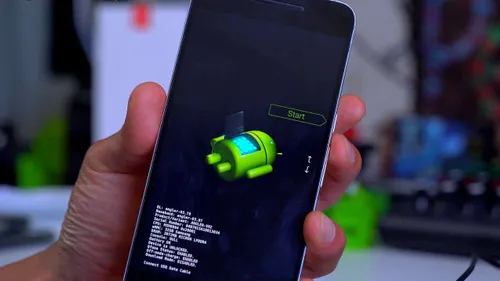
Why Are These Features Disabled?
The reason for this selective disabling lies in a security check by Google. When the bootloader is unlocked, the device communicates with Google’s servers, which detect the unlocked status. This detection triggers the disabling of specific AI features. Google designed this server-side check to protect the device from potential vulnerabilities that could arise from an unlocked bootloader. However, this measure also limits the device's functionality for users who value customization.
Google’s decision to disable these features seems to be motivated by a desire to maintain a high level of security. Unlocking the bootloader can expose the device to risks, as it allows for modifications that could compromise the operating system. By disabling certain features, Google might be trying to balance advanced AI capabilities with the need for strong security.
The Impact on Pixel 9 Users
For many Pixel 9 users, this situation is a big disappointment. The Pixel series is known for offering a pure Android experience with the latest features, and the AI-driven functionalities of the Pixel 9 were a major selling point. The fact that these features depend on whether the bootloader is locked raises questions about the device’s flexibility and the extent to which users can customize their experience.
From a broader perspective, the disabling of AI features when the bootloader is unlocked might affect how people view the Pixel brand. Enthusiasts who enjoy pushing their devices to the limit by experimenting with different software tweaks might feel alienated by this decision. The trade-off between customization and access to AI features could deter some potential buyers who value flexibility and control over their devices.
Security vs. Customization: Finding the Right Balance
Google's decision highlights the ongoing tension between security and customization in the Android ecosystem. On one hand, unlocking the bootloader and modifying software are hallmarks of the Android platform, appealing to users who want complete control over their devices. On the other hand, this capability introduces security risks that could compromise the device and its data.
By disabling certain features when the bootloader is unlocked, Google is making a clear statement about its priorities. The company appears to value security highly, even if it means limiting the functionality of the device for some users. This approach is not unique; other manufacturers have implemented similar measures to protect their devices from potential threats.
However, the fact that some apps are affected while others are not adds inconsistency that may frustrate users. The continued functionality of Pixel Studio, despite an unlocked bootloader, suggests that Google could potentially allow more features to remain accessible. This inconsistency might lead to further questions about the reasoning behind Google’s decisions.
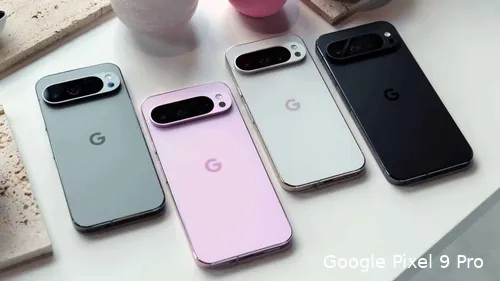
What’s Next: Will Google Reconsider?
The tech community has reacted to this news with mixed feelings. While some users understand the need for security measures, others believe Google is unnecessarily limiting the potential of the Pixel 9 series. The question now is whether Google will respond to this feedback and reconsider its approach.
In the past, user feedback has led to changes in how companies implement features or policies. If the outcry over the disabled AI features grows loud enough, Google might be compelled to revisit its decision. However, any changes would likely involve a careful assessment of the security implications, as Google would need to ensure that its devices remain protected even if certain features are re-enabled for users with unlocked bootloaders.
For now, Pixel 9 users who are considering unlocking the bootloader will need to weigh the trade-offs carefully. The ability to customize the device and gain root access comes at the cost of losing access to some of the features that make the Pixel 9 unique. Whether this trade-off is worth it will depend on the individual user's priorities and how they plan to use their device.
Conclusion
The situation with the Pixel 9 series highlights the complexities involved in balancing security and customization in modern smartphones. While Google’s decision to disable AI features when the bootloader is unlocked may frustrate some users, it also underscores the company’s commitment to protecting its devices from potential security threats. As the conversation continues, it remains see whether Google will make any adjustments in response to user feedback. In the meantime, Pixel 9 users will need to navigate the trade-offs between customization and functionality, making informed decisions about how they want to use their devices.
Loading


